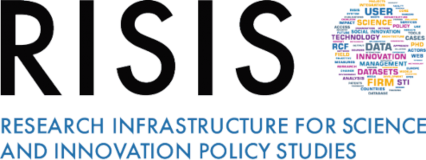RISIS has landed in Manchester University, in occasion of the European Sociology Association conference.
Antonio Zinilli, post-doctoral researcher at Research Institute on Sustainable Economic Growth of Italian National Research Council (CNR-IRCRES), presented a paper discussing the contribution and the benefits of using complexity science approaches to the transnational research programmes, such as social network analysis (SNA) and spatial analysis.
These approaches are likely to provide important insights into communication and knowledge flows, and to help underlining important effects that are not usually considered in transnational research contexts, being them outside the domain of investigation of standard approaches.
The effect of geographical proximity and relationship on the level of agencies engagement in joint transnational research programs has been studied using data extracted from RISIS-JoREP 2.0 database, one of the facilities available through the distributed research infrastructure RISIS. JoREP is a database on joint R&D programmes, which are European-level publicly funded research initiatives, open to all countries belonging to European Research Area (ERA) either because they are established by the European Union or because they are based on international treaties. Using RISIS-JoREP data it is possible to understand the modes of relation of the actors involved in the transnational research activities, the national preferences of participation and funding mobilization.






